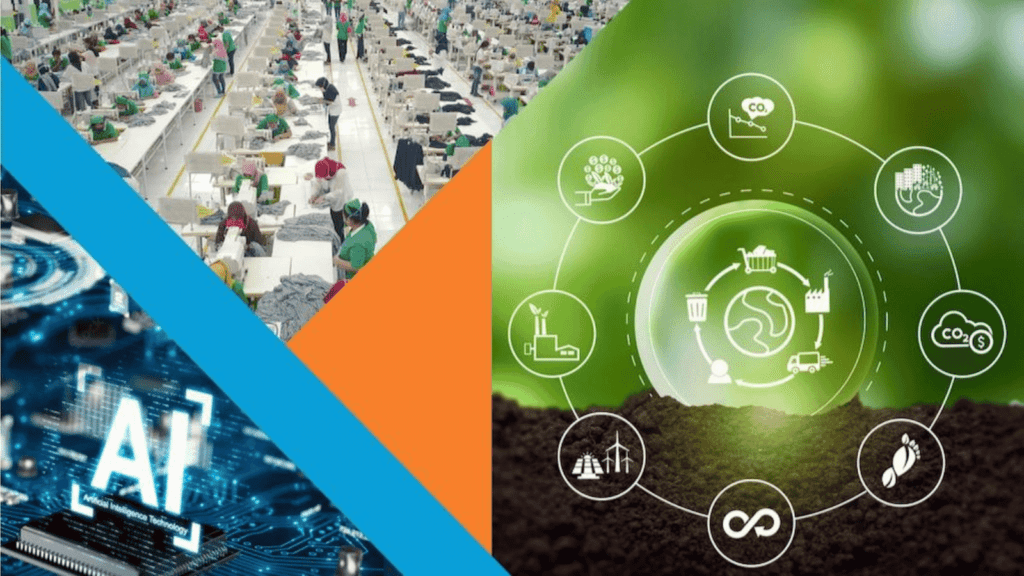The report ASEAN and Global Value Chains: Locking in Resilience and Sustainability was launched on the sidelines of the Southeast Asia Development Symposium (SEADS) in Bali, Indonesia.
MANILA, PHILIPPINES (30 March 2023) — Association of Southeast Asian Nations (ASEAN) economies must strengthen their positions in global value chains to bolster resilience against new challenges including future pandemics, geopolitical instability, and climate change, says a report released today by the Asian Development Bank (ADB).
RELEVANT SUSTAINABLE GOALS



The report ASEAN and Global Value Chains: Locking in Resilience and Sustainability surveys the challenges and opportunities facing global value chains—the cross-border networks that separate production stages from concept to consumption—in Southeast Asia as countries seek to build greater resilience and promote sustainable and green development. It was launched on the sidelines of the Southeast Asia Development Symposium (SEADS) in Bali, Indonesia.
“As ASEAN countries continue their recovery from COVID-19, we must ensure that economic revitalization happens in a greener and more sustainable way,” said ADB President Masatsugu Asakawa. “This report proposes concrete measures that governments and businesses can adopt to decarbonize global value chains. Investments in renewable energy and improved efficiency, incentives to reduce trading costs for climate-smart goods, and the acceleration of digitalization can all contribute to greener and more sustainable value chains in ASEAN and beyond.”
The report finds that global value chains proved more resilient to the impacts of COVID-19 than expected, even as firms had to adjust to the disruption, given their dependence on only a few suppliers for essential inputs and goods. As such, the region needs to build stronger resilience in its global value chain segments while expanding trade, investment, and regional integration.
The report also found that the competitive advantage of employing low-skilled labor is diminishing as new technology continues to upgrade global value chains. It is therefore imperative that the region creates a critical mass of workers equipped with new technology and technological skills.
ASEAN economies also need to go “green.” The best case is that policies promoting decarbonization also strengthen ASEAN’s global value chains. They should accelerate trade digitalization and promote climate-smart trade, green transport infrastructure, and carbon pricing.
Finally, the report notes that stakes are high for ASEAN economies. Recent global shocks and geopolitical trade protectionism could disrupt growth in ASEAN and elsewhere. The report explores the sizable policy impact and benefits of deepening Asia’s trade cooperation and expanding it to include other regions.
SEADS, ADB’s annual flagship knowledge event in Southeast Asia, gathers leaders from government, industry, academia, and other sectors to explore innovative solutions to critical development issues such as climate change and technology development. This year’s event, “Imagining a Net-Zero ASEAN,” will focus on how the region can make the transition to net zero and achieve climate resilience, while ensuring economic prosperity. The first three SEADS, held online due to the COVID-19 pandemic, attracted over 10,000 participants and showcased a diverse lineup of speakers. SEADS 2023 aims to build on the priorities and successes of the G20 Summit and contribute to dialogue at the 2023 ASEAN Finance Ministers’ Meeting.
ADB is committed to achieving a prosperous, inclusive, resilient, and sustainable Asia and the Pacific, while sustaining its efforts to eradicate extreme poverty. Established in 1966, it is owned by 68 members—49 from the region.
ADB is committed to achieving a prosperous, inclusive, resilient, and sustainable Asia and the Pacific, while sustaining its efforts to eradicate extreme poverty. Established in 1966, it is owned by 68 members—49 from the region.


